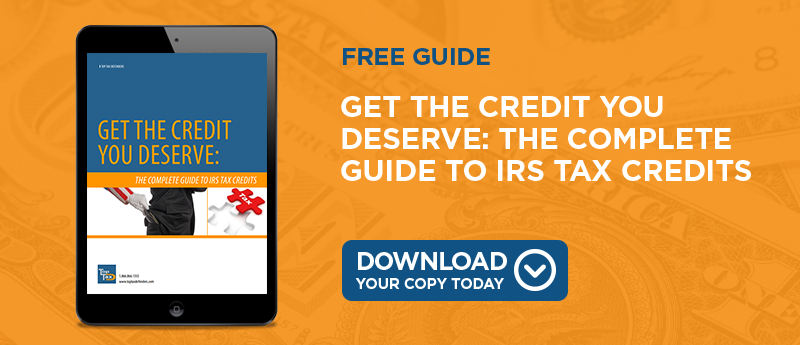
The Affordable Care Act (ACA), which is commonly referred to as "Obamacare", allows U.S. citizens to purchase health insurance at a reduced rate. Those who do not buy health insurance by the deadline are subject to a tax penalty. For those who cannot afford the insurance, though, there is an Affordable Care Act hardship exemption that allows them to escape liability for the tax penalty.
is the ACA Hardship Exemption?
The ACA hardship exemption is reserved for taxpayers who are financially unable to purchase health insurance through the Health Insurance Marketplace. Under this provision, taxpayers are allowed an exemption from both the federal health insurance requirement and the annual penalty that applies to the uninsured.
It's important to note that the ACA hardship exemption does not apply to those who can afford health insurance but choose not to purchase it. These taxpayers will be subject to the "shared responsibility payment", which is based on a percentage of yearly income, and is remitted to the IRS along with the annual tax return.
ACA Hardship Exemption Qualifications
There are several qualifications that allow a taxpayer to receive the ACA hardship exemption. Since the exemption relates to a person's financial situation, the requirements are largely based on income. However, there are a few exemptions that involve life circumstances and unexpected costs. Some of the ACA hardship exemption qualifications include provisions for:
- Taxpayers who have been homeless during the year
- Taxpayers who have faced foreclosure or eviction within the past six months
- Those who filed for bankruptcy within the last six months
In addition, those who have been unable to afford their medical expenses within the past two years qualify for the exemption, as do those who have suffered losses due to a natural disaster or a fire. The government also grants the hardship exemption to taxpayers who are ineligible for Medicaid because they live in a state that has chosen not to expand the program.
Applying for the ACA Hardship Exemption
If you meet any of the above qualifications, you'll only be required to apply for the ACA hardship exemption in a few instances. For example, if your income level is so low that you won't be required to file an income tax return at all, you don't need to apply for the exemption. You will automatically qualify for it based on your income level.
On the other hand, if you need to apply for the exemption, you can do so using the "Application for Exemption from the Shared Responsibility Payment for Individuals Who Experience Hardships." On the form, you'll need to choose which exemption qualification applies to you and provide basic information about your situation.
The ACA hardship exemption allows low-income taxpayers to avoid paying the health insurance tax penalty with their annual returns. If you think you may qualify for the exemption, you can apply for it now or at tax time.




